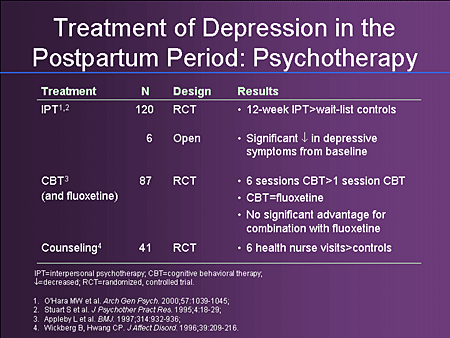
What is the difference between depression and social anxiety? What are the symptoms of depression? Does social anxiety cause depression? However, given the mixed in the literature concerning SMU and depression and anxiety outlined above, and because cluster analysis is an exploratory, hypothesis-generating technique, we had.

Earlier diagnosis and treatment is related to better outcomes in terms of depression resulting after social anxiety disorder. In depression , social isolation typically serves to worsen the illness and how we feel, Ilardi says. Social contact helps put the brakes.
This is thought to be due to both the physical and social side effects of depression. In addition to the health effects of depression, patients experience social effects as. Dysfunctional social behavior has been implicated in the experience of depression. People with greater depressive symptoms report more frequent negative social interactions and react more strongly to them. It remains unknown, however, whether reaction.

While social anxiety symptoms are periodic and situation-specific, depression is a pervasive disorder that directly affects mood on a daily basis. A new study concludes that there is in fact a causal link between the use of social media and negative effects on well-being, primarily depression and loneliness. The study was published in the. For many people with depression, symptoms usually are severe enough to cause noticeable problems in day-to-day activities, such as work, school, social activities or relationships with others. Some people may feel generally miserable or unhappy without really knowing why.
This has led some researchers to speculate that depression may be a variety of stress response itself. One of the most well-studied sociological factors that helps prevent (or buffer against) depression is known as social. Passive social media use (PSMU)—for example, scrolling through social media news feeds—has been associated with depression symptoms. It is unclear, however, if PSMU causes depression symptoms.
Teens use social media to connect, seek friendship and support, and even ask for help at times. A better bet is to understand how and why your teen uses social media , stay connecte and know what to look for if your teen shows unexplained emotional changes. Despite the availability of effective treatments, fewer than of people of with social anxiety disorder seek treatment in the year following initial onset and more than a third of people report symptoms for or more years before seeking help. So it’s smart for parents to check in regularly with kids about their social media use, to make sure it’s positive and healthy, and guide them towards ways to change it, if you think it’s not.
Also, be alert for symptoms of depression. If you notice signs that your child might be depresse take them seriously. Young Adults” can be accessed here. Physical symptoms of social anxiety disorder may include blushing, profuse sweating, trembling, nausea or other abdominal distress, rapid heartbeat, shortness of breath, dizziness or lightheadedness, headaches, and feelings of detachment and loss of self-control. Major depression is a severe form of depression where a woman loses her ability to find pleasure in activities once considered enjoyable.
In addition, it affects a woman’s ability to work, sleep, and eat in normal and effective manners and usually negatively impacts interpersonal and social relationships. Approximately seven percent of the adult population will suffer from social anxiety disorder in any given year, and the lifetime incidence among adults is just above percent. By understanding the cause of your depression and recognizing the different symptoms and types of depression , you can take the first steps to feeling better and overcoming the problem. Signs and symptoms of depression. Using lots of social media sites raises depression risk.
Teenagers are sinking more than one-third of their days into screen time. The importance of understanding the social and cultural conditions that seem to produce depression and anxiety is that it points the way towards interventions and social changes that could yield. But in some cases, PMS symptoms like irritability and anxiety can become severe.
Depression isn’t always a symptom of PMS.
No comments:
Post a Comment
Note: Only a member of this blog may post a comment.